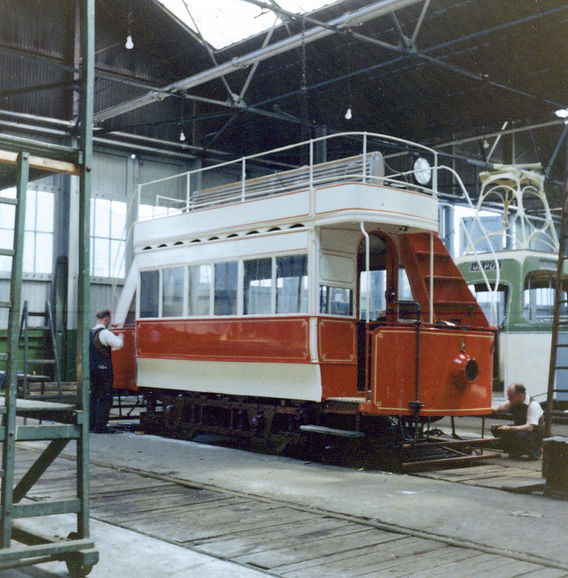Skelleftea - Battery Gigafactory For European Vehicle Market

John Woodman
The rush to develop new manufacturing centres for batteries is on. Global environmental pressure on vehicle producers has turned them away from diesel and petrol power to all electric during the current decade. US based Tesla began the move to electric cars requiring the construction of huge factories to produce powerful storage batteries compact enough to sustain high mileage and high speeds. So called 'gigafactories' are being built in Europe with sites large enough to provide the necessary space for sustained volume production without needing traditional materials and power sourcing, The newest plant is being completed close to the Arctic Circle in Sweden at Skelleftea, while other similar scale projects are either underway or planned in France, Germany, Norway as well as an initial plant in the UK. The move away from fossil fuel power is now irreversible with a swathe of new technology and new companies moving rapidly to acquire a market share in what is a global trend.
Powerpoints for vehicles with new homes and developments will impact on structural design and architecture at all levels - alongside reduction in the once classic 'filling station' feature essential to motoring. So rapid is this transformation that planners are scrambling to catch up. Blackpool's own transport system is advancing its own preparations for adopting electric powered buses and all of the supporting and ancillary services needed to switch from diesel vehicles within what is a short timeframe. Battery power technology also impacts on electric tram operation with new modes of power supply being adopted which do away with once familiar overhead current collection. The new overhead wire appearing on the short extension to Blackpool North station from the promenade may well be the last such installation on the tramway - as alternative vehicle sourcing using latest battery technology takes over.
Blackpool is no stranger to electric power innovation having been at the very forefront of adopting electric trams from scratch, as it were, when the town's leaders bought into the revolutionary conduit tramway introduced by a Halifax entrepreneur in 1885. Alone in the UK, Blackpool stayed faithful to electric trams when the lure (and economics) of petrol and diesel buses proffered seeming financial benefits. That faith has been justified by the momentous changes now taking place in all aspects of the transport industry, both public and especially private.

One of Blackpool's inaugural fleet of 'conduit' trams (4) seen here in Rigby Road Paint Shop in 1960 being given a makeover for the 75th Anniversary of Electric Tram operation that year. Photo : John Woodman
Of course having electric buses (and trams) is only one part of this revolutionary change. Insistence on barring and penalising carbon fuel vehicles is sure to follow. Already in London additional tariffs are being automatically added to non electric vehicles entering an ever wider swathe of the metropolitan area. Insistence on all government departments utilising electric vehicles from the Royal Mail to the National Health Service; from taxis of all kinds, to private rental vehicles and fleet delivery trucks and vans is certain to follow within this decade.
That familiar noiseome ice cream van trolling through residential districts and close to school closing times is just one of many facets of life certain to change in our lifetime.
Railways of course have survived on diesel motive power following the demise of steam = whilst some lines benefitted from overhead electric power - and others from third rail systems such as the far sighted 'Southern Region' of British Railways. Diesel powered trains are now destined to follow the same path as their coal powered predecessors in this fast gathering move from fossil fuels.
Blackpool has the chance to rid itself entirely of petrol and diesel vehicle usage by providing park and ride services for visitors inbound - using high frequency electric bus services, and potentially in some cases, new electric tram links from the M55 axis. A start could be made by barring non electric vehicles traversing the Promenade (and town centre) during the Illuminations with attractive alternative bus and trams providing enhanced viewing on controlled routes.
Blackpool's hackney fleets could be licensed only to electric powered vehicles (and horse drawn landau!). Fylde coast services being integrated from Warton to Fleetwood (and contiguous communities) with preferred routes to Preston and Lancaster centres again operated by electric buses only. Of course some of these concepts may find barriers from vested interests and tunnel vision politicians - but the weight of changes now underway will in time overwhelm present generations. My bets are on trams running to Layton and Victoria Hospital complex (along with Stanley Park and Zoo); as well as the logical artery along Squires Gate Lane to the seafront with its inevitable connection to the north south coastal service itself overdue for extension.












